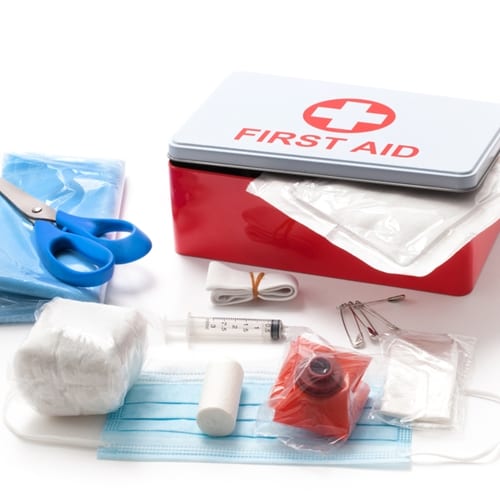Bell diving, like much commercial diving, can be dangerous. Supervisors should always be on hand to make sure divers are safe and that equipment runs correctly. Don't just take our word for it: The Association of Diving Contractors International addresses this and many other diving safety concerns in its guidance documents.
Edition 6.1 of the International Consensus Standards for Commercial Diving and Underwater Operations lists the bell diving supervisor's duties. In addition to proper certification from the ADCI, the supervisor needs a vast amount of knowledge and experience.
This includes awareness of the relevant regulations, emergency procedures and the necessary safety standards for equipment. It's the supervisor's responsibility to make sure maintenance tasks are completed and everything is correctly documented.
A log book will help supplement all individual reports, and each dive requires sufficient communication with the diver. The diver's fitness, as well as the life support systems they rely on, have to be in good condition before the dive itself begins. The bell, hoses, gases and diving suit have to all be reliable and ready for use.
"If crew is suddenly in danger, the bell run may need to end."
The standards also provides a list of emergency situations in which the supervisor should terminate the bell dive. For example, if weather is threatening the bell, hydrocarbon gas appears within the bell or the topside crew is suddenly in danger, the bell run may need to end.
Along with this necessary information, a supervisor could also research the kinds of insurance the contractor is working with. If it applies to the specific kinds of work they're doing, the coverage might end up being more effective, especially if it's written by an experienced firm. Industry knowledge helps carriers come up with the right answer for any diving job, no matter which equipment it involves.

